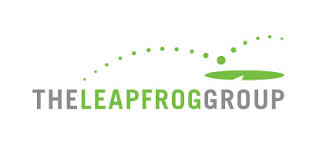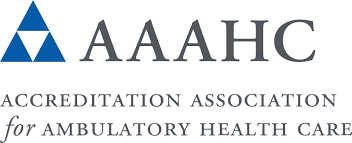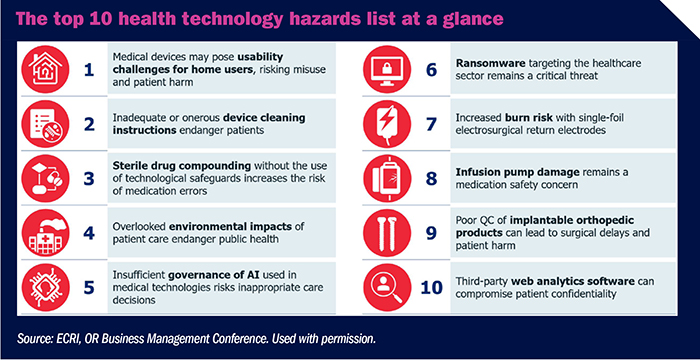Editor's Note A recent report on patient harm events by number and type from the Department of Health and Human Services (HHS) Office of Inspector General (OIG) was explored in a December 2 article in HealthAffairs. The OIG reviewed medical records of 770 hospitalized Medicare patients who were discharged in…

Editor's Note The US Food and Drug Administration (FDA) issued an early alert for Baxter’s Novum IQ Large Volume Pumps (Model 40700BAXUS) due to potential for underinfusion when transitioning from a flow rate to a higher flow rate (eg, rate change or bolus). According to the agency’s July 22…

Editor's Note Hospitals spent nearly $900 million in labor last year managing drug shortages, dedicating over 20 million hours to activities such as sourcing alternatives, updating systems, and communicating with care teams, according to a new Vizient survey published June 17. Conducted in late 2023 and detailed in Vizient’s June…

Editor's Note An AI-powered wearable camera has achieved 99.6% accuracy in detecting potentially deadly drug mix-ups, including in the OR, NBC News reported May 25. Developed by Kelly Michaelsen, MD, at UW Medicine, the smart glasses scan medication labels in real time, alerting anesthesia providers to syringe-vial mismatches before drugs…

Editor's Note Treating unintended anesthesia errors as criminal acts could exacerbate workforce shortages, increase malpractice costs, and drive clinicians to defensive medicine, according to experts quoted in a January 15 report from Anesthesiology News. Instead, fostering a culture of safety and learning could more effectively reduce errors and improve patient…

Takeaways • Requirements for improvement and condition level deficiency findings have been trending up in recent The Joint Commission surveys. • The scoring trends and OR hot spots focus on infection control, medication management, national patient safety goals, post-surgical electronic health record tracers, and transplant (tissue) safety. • Federal regulations,…

Editor's Note During the past few years, US hospitals have improved significantly in reducing healthcare-associated infections (HAIs), adhering to hand hygiene best practices, and preventing medical errors, according to the fall 2024 Hospital Safety Grades from The Leapfrog Group, a nonprofit focused on patient safety. Released November 15, the rankings…

Editor's Note The Accreditation Association for Ambulatory Health Care (AAAHC) announced on August 21 the release of an updated version of its Medication Reconciliation Toolkit, designed to help ambulatory healthcare professionals minimize medication errors and improve patient outcomes. The toolkit emphasizes the importance of accurately documenting all medications including vitamins,…

Editor's Note Healthcare workers in Kentucky will become the first in the country to gain protection from criminal prosecution for medical errors, WKYT reported April 30. Passed unanimously by both chambers of the Kentucky legislature and signed by Gov. Andy Beshear in March, the law was championed by the Kentucky…

What is the purpose of the top 10 health technology hazards list, released every year by ECRI? “Our number one goal at ECRI is to reduce preventable harm,” stresses Jason Launders, MSC, former director of operations, device evaluation, at ECRI. “We know that every healthcare provider has a lot they…